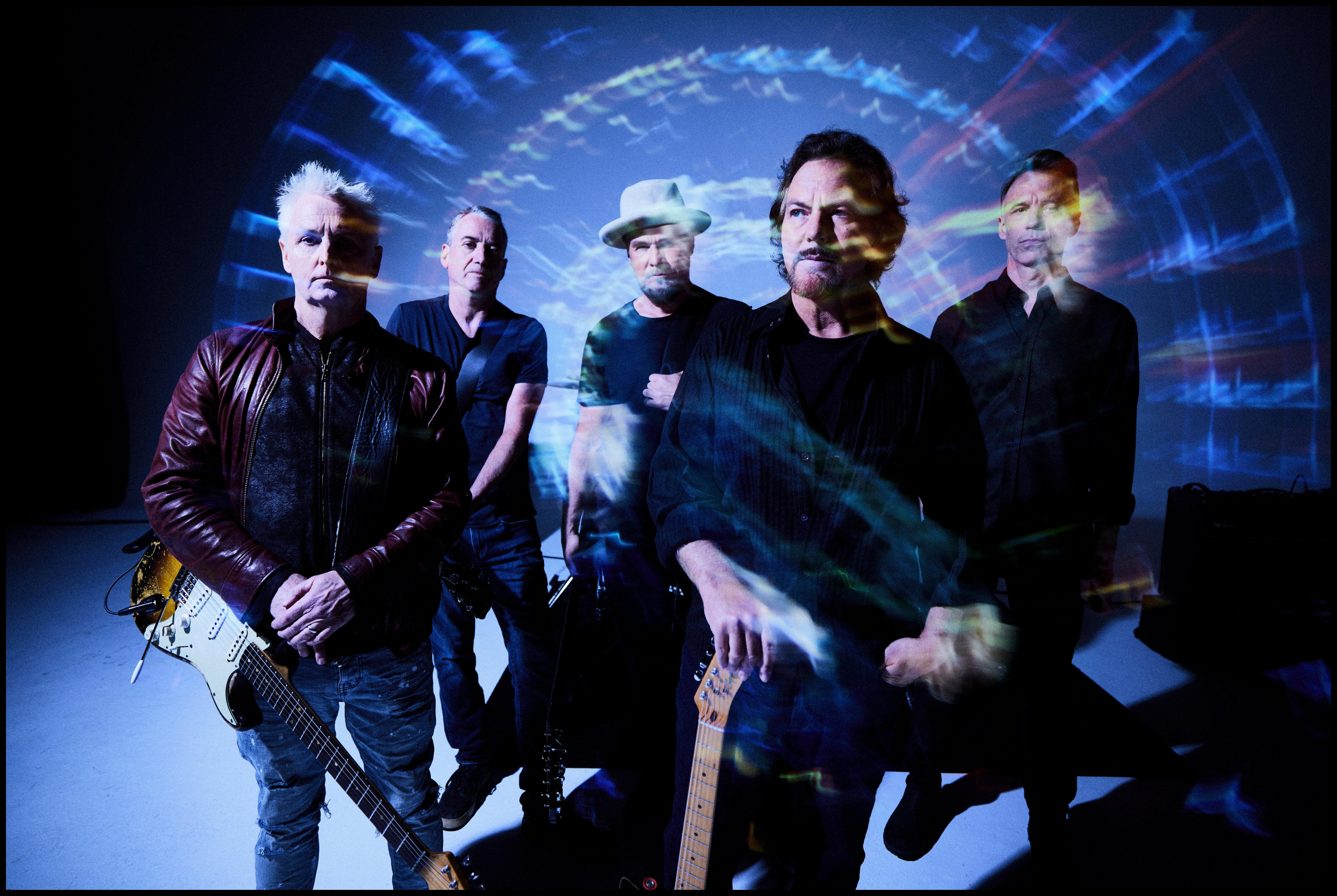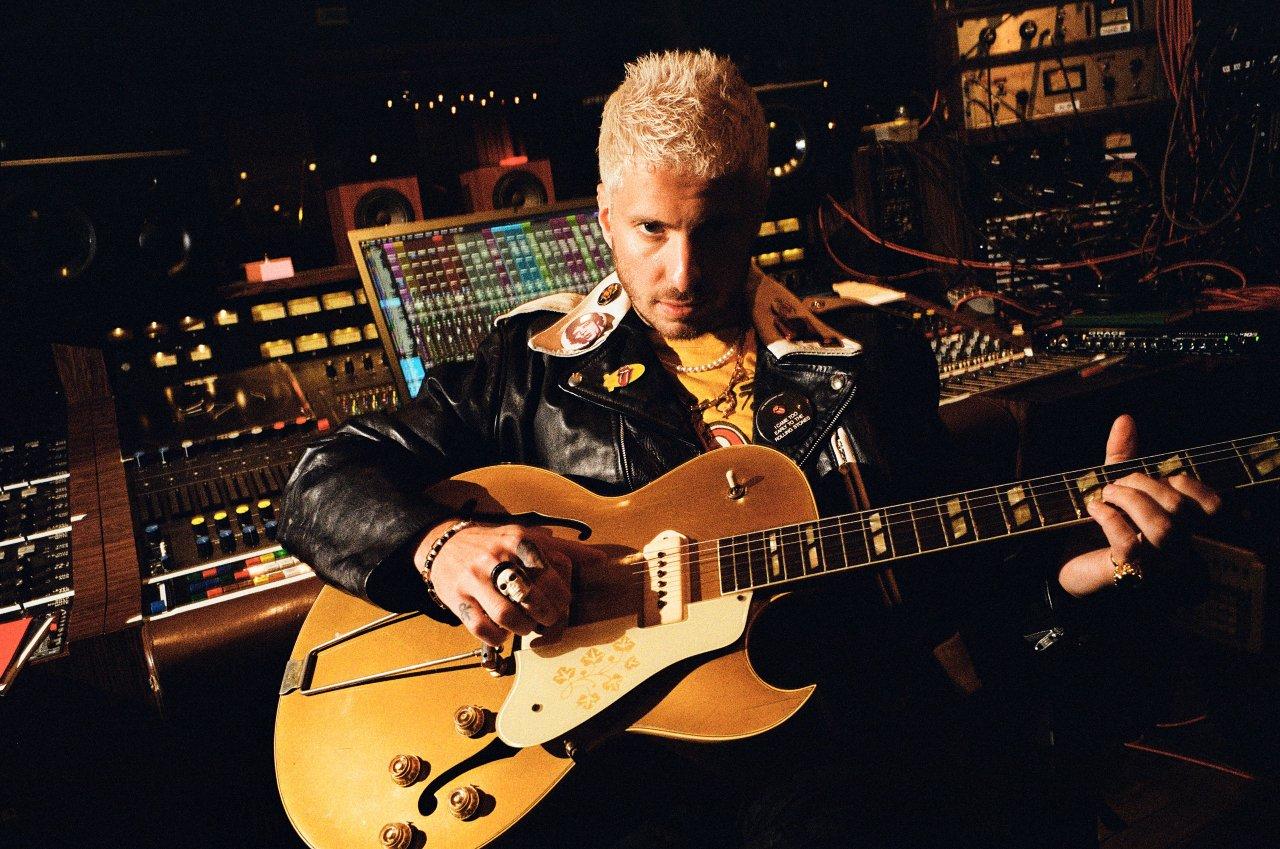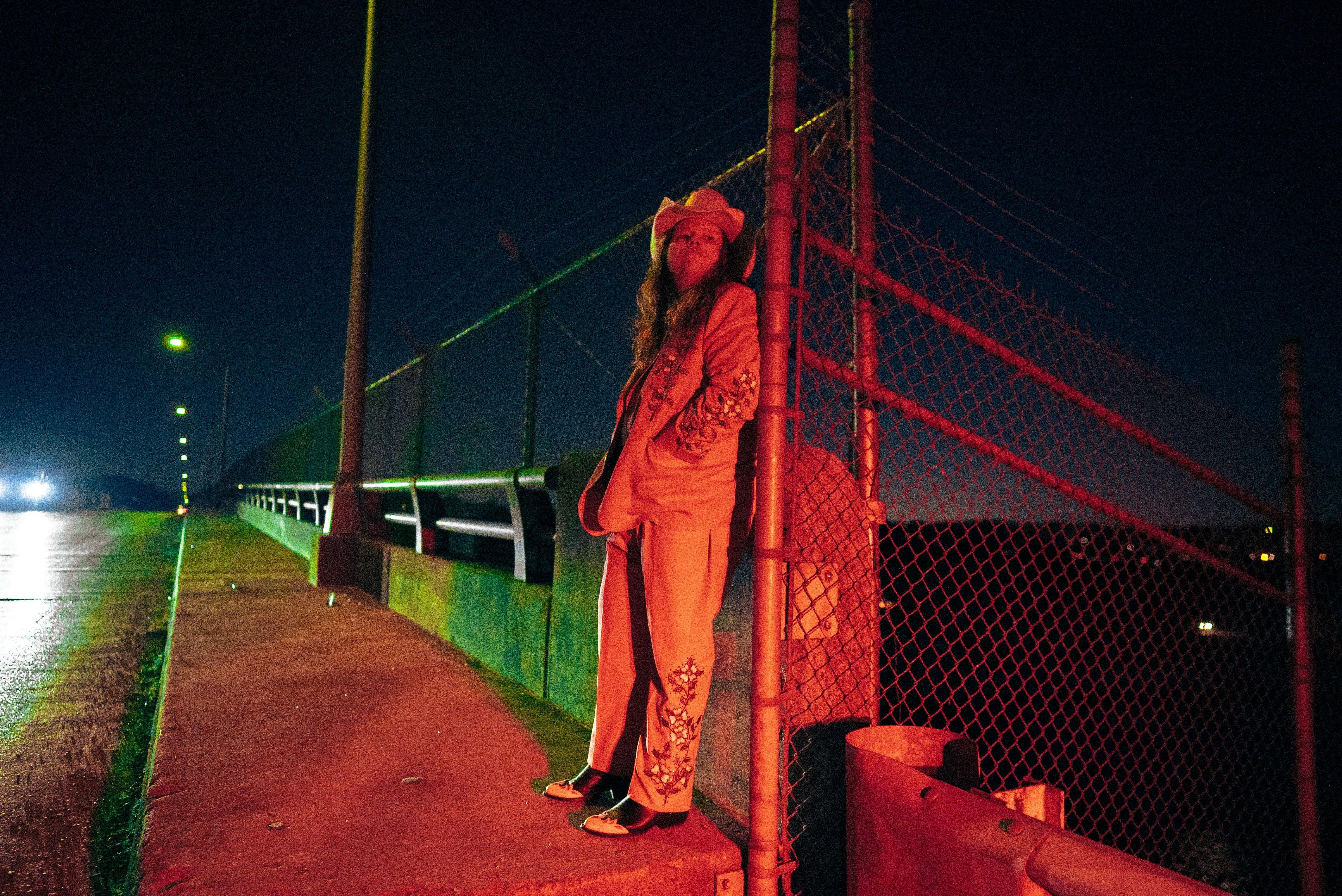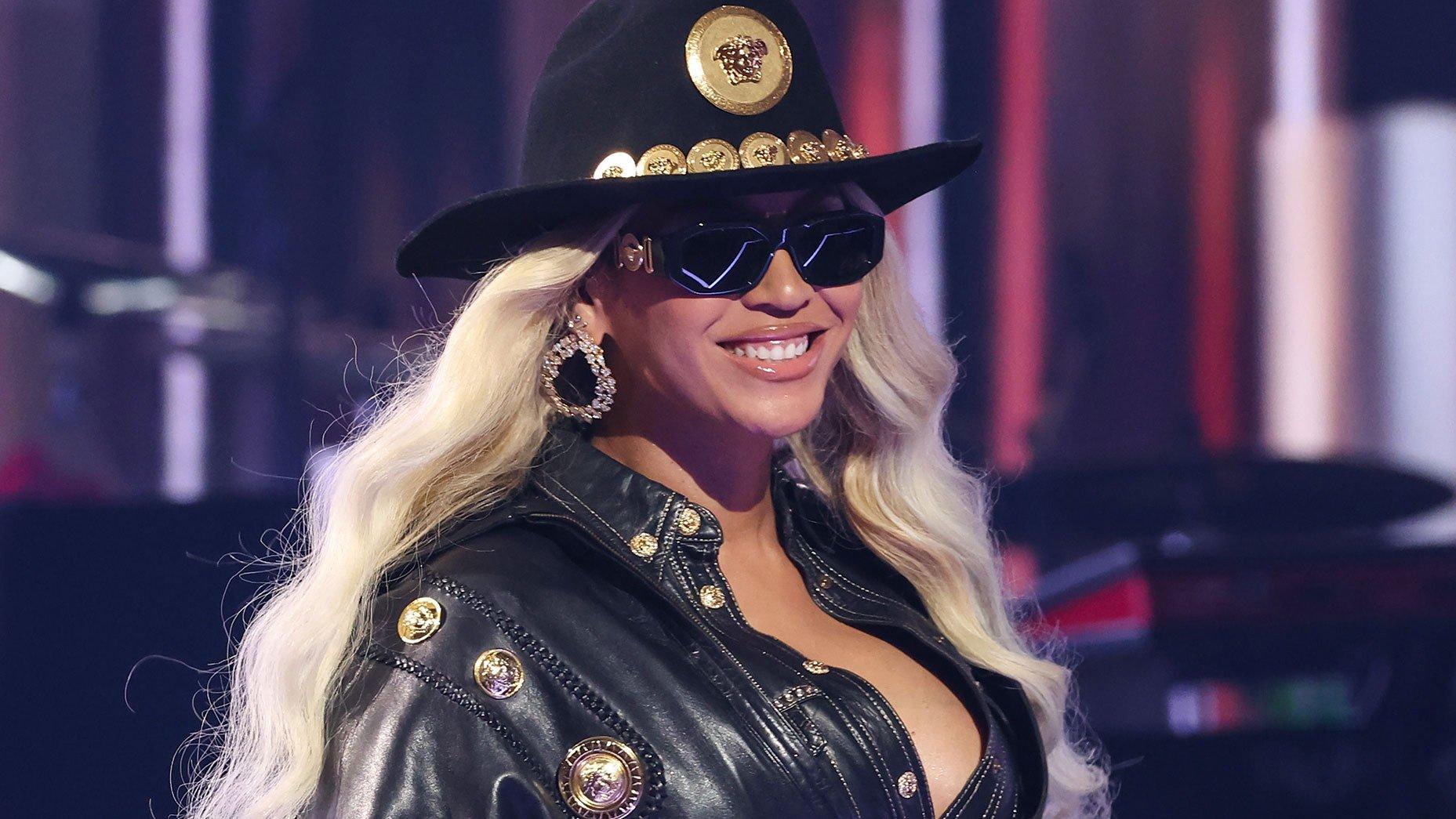In the 25 years since the Nov. 26, 1989, debut of MTV's "Unplugged," the television program has become a pop culture institution.
The very term "unplugged" has entered the language as standard parlance for any performance involving acoustic guitars and other unamplified musical instruments. It is also shorthand for virtually any intimate, heartfelt form of musical presentation. A quarter century down the road, "Unplugged" remains a prestigious platform for today's top stars, with shows in recent years featuring Lil Wayne, Thirty Seconds To Mars, Rita Ora, Paramore, Vampire Weekend, and Katy Perry. The series has also amassed an impressive history of performances by GRAMMY-winning artists such as Paul McCartney, Eric Clapton, Tony Bennett, Bob Dylan, Jay Z, Elton John, Pearl Jam, and Mariah Carey, among others.
Considering its success, it's hard to believe that "Unplugged" was once a left-field concept. But it did come along at the tail end of the high tech '80s, when synthesizers and amped-up rock ruled the charts. In fact, the series got started because singer/songwriter Jules Shear needed a way to promote his acoustic album, The Third Party.
"We were trying to think of what we could do to promote the record, and I came up with a loose idea," recalls Shear. "What if we put these people together and create a show which consists of everybody playing songs together, but only with acoustic instruments, and we'll try to get it on HBO or something?"
HBO passed on the concept but MTV snapped it up, placing the show in the capable hands of longtime producer Alex Coletti. The debut installment of "Unplugged" featured Chris Difford and Glenn Tilbrook from Squeeze, singer Syd Straw and Cars guitarist Elliot Easton, along with Shear as host. The artists sang and played their own material, but also performed songs together, hootenanny-style, including a joint performance of the Neil Diamond-penned Monkees hit "I'm A Believer."
It wasn't long before some of the biggest names in music wanted to join the party.
"The show took on its own life after a while," says Coletti. "When it outgrew that folkie, 'just sitting around with friends' kind of thing is when Jules and us parted ways. The format changed to featuring one or two acts at the most, as opposed to five."
One landmark early "Unplugged" episode materialized with McCartney's 1991 appearance. McCartney took a purist approach, insisting on using all acoustic instruments, as opposed to acoustic guitars fitted with electronic pickups, and became the first of many artists to release a successful album drawn from his performance on the show, Unplugged (The Official Bootleg).
"I liked the idea that there was a show that reduced music to its bare essentials," McCartney said in 1992. "I liked the idea that to be on that show you had to be able to play your instrument and sing live. Having just been on a tour, we liked the idea of stripping back the whole big production just to acoustic guitars."
As "Unplugged" grew in popularity and prestige, it also came to embrace a wider diversity of musical genres. The series' first-ever episode devoted to rap took place in 1991, featuring LL Cool J, MC Lyte, De La Soul, and A Tribe Called Quest, with instrumental backing from Pop's Cool Love.
"The rap show proved that there were a couple of alleys we hadn't turned down yet," says Coletti. "We rehearsed the night before and LL Cool J had never worked with a live band. Before long, he was calling the shots like he'd been doing it his whole life."
"Unplugged" would reach greater heights as a result of Clapton's 1992 performance. The guitarist's resultant Unplugged album garnered a total of six GRAMMYs, including the first-ever Album Of The Year award to be given to an album drawn from the program. (Two years later, Bennett took the same award for his MTV Unplugged album.) Interestingly, Clapton hesitated before releasing the performance on disc, concerned that it wasn't good enough.
"There's no way to know in advance that a thing you recorded and that took three hours, tops, one afternoon out in England is going to sell 26 million records and win half a dozen GRAMMYs," says longtime Clapton bassist Nathan East.
Perhaps the biggest success to come from Clapton's "Unplugged" set was the ballad "Tears In Heaven," which was written following the loss of his son Conor, who died at age 4 in 1991. Clapton had earlier recorded a studio version of the song, but it was the "Unplugged" performance that became a huge hit and won three GRAMMYs, including Song and Record Of The Year.
Spotify Playlist: MTV "Unplugged" 25th Anniversary
Arguably, the series' most iconic performance featured '90s alt-rock icons Nirvana, who were at the height of their fame when they were booked to tape "Unplugged" on Nov. 18, 1993.
"We practiced for 'Unplugged' before we went on tour, because we knew we were gonna do it," recalls former Nirvana auxiliary guitarist Pat Smear. "So we used some of those songs in our live show as well, just a small [acoustic] set that included maybe 'Polly,' [David Bowie's] 'The Man Who Sold The World' and 'Dumb.'"
Segments from the program were played in heavy rotation following the shocking news of Cobain's death in April 1994. The vulnerability of the performance, combined with the funereal look of the stage set, gave these segments an eerie air of poignancy at the time. Nirvana's MTV Unplugged In New York album ultimately won a GRAMMY for Best Alternative Music Performance for 1995.
Latin music came to have a significant presence on "Unplugged" in the '90s and beyond, starting with a performance by Los Fabulosos Cadillacs in 1994. Shakira's 1999 appearance marked the channel's first Spanish-language broadcast and yielded the singer's own Shakira — MTV Unplugged album, which won the Best Latin Pop Album GRAMMY for 2000. Columbian star Juanes would win the same award for 2012 for his MTV Unplugged Deluxe Edition album.
In 2005 Alicia Keys helped relaunch the program after a three-year hiatus. Her performance, which featured collaborations with Common, Maroon 5, Mos Def, and Damian Marley, resulted in a chart-topping album.
"'Unplugged' [was] such an amazing and eclectic musical experience which enabled me to arrange the songs with a new perspective, express myself musically, and connect with my fans on a different level than ever before," said Keys in 2005.
More recently, the series has continued to thrive in the digital age with a renewed emphasis on mainstream artists, including installments with Perry (2009), Florence & The Machine (2012) and Miley Cyrus (2014), among others. The latter show featured Cyrus covering Dolly Parton's classic "Jolene" as well as a sexed-up duet with Madonna that seemingly symbolized a torch being passed from one generation to the next.
"I wanted to do 'Unplugged' because at the end of the day I'm a musician, that's what I love to do," Cyrus told MTV. "I like shock value … but that is all second to music for me."
Like "Saturday Night Live" or, in days gone by, "The Ed Sullivan Show," MTV's "Unplugged" has proved a venerable showcase for musical talent both classic and contemporary. By constantly reinventing itself — while also staying true to its core value of intimate acoustic-based performances — the series has remained a class act.
(Veteran music journalist Alan di Perna is a contributing editor for Guitar World and Guitar Aficionado. His liner notes credits include Santana Live At The Fillmore East, the deluxe reissue of AC/DC's The Razor's Edge and Rhino Records' Heavy Metal Hits Of The '80s [Vols. 1 and 3].)




